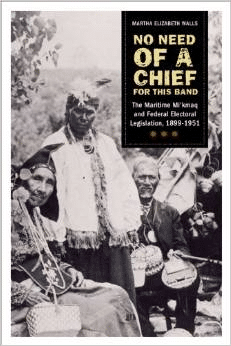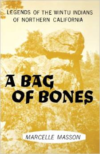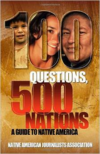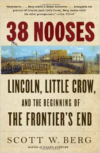Description
In 1899, the Canadian government implemented a policy to replace
Mi’kmaw leader selection and other political practices with the
triennial system, a Euro-Canadian system of democratic band council
elections. Officials in Ottawa assumed the federally mandated and
supervised system would redefine Mi’kmaw politics. They were
wrong.
Drawing on reports and correspondence of the Department of Indian
Affairs, Martha Walls details the rich life of Mi’kmaw politics
between 1899 and 1951. She shows that many Mi’kmaw communities
rejected, ignored, or amended federal electoral legislation. Those
communities that did accept triennial elections did so sporadically
— not in acquiescence to Ottawa’s assimilative project, but
to meet specific community needs and goals. This compelling and nuanced
study complicates understandings of state power by showing that the
Mi’kmaw did not succumb to imposed political models but rather
retained political practices that distinguished them from their
Euro-Canadian neighbours.
This timely book offers support for Aboriginal claims at a time when
Aboriginal peoples and governments across Canada are attempting to come
to terms with the issue of self-governance. It will not only appeal to
historians of the Maritimes and Aboriginal-state relations in Canada
but also to students and scholars of Native studies, political science,
and law.






Reviews
There are no reviews yet.